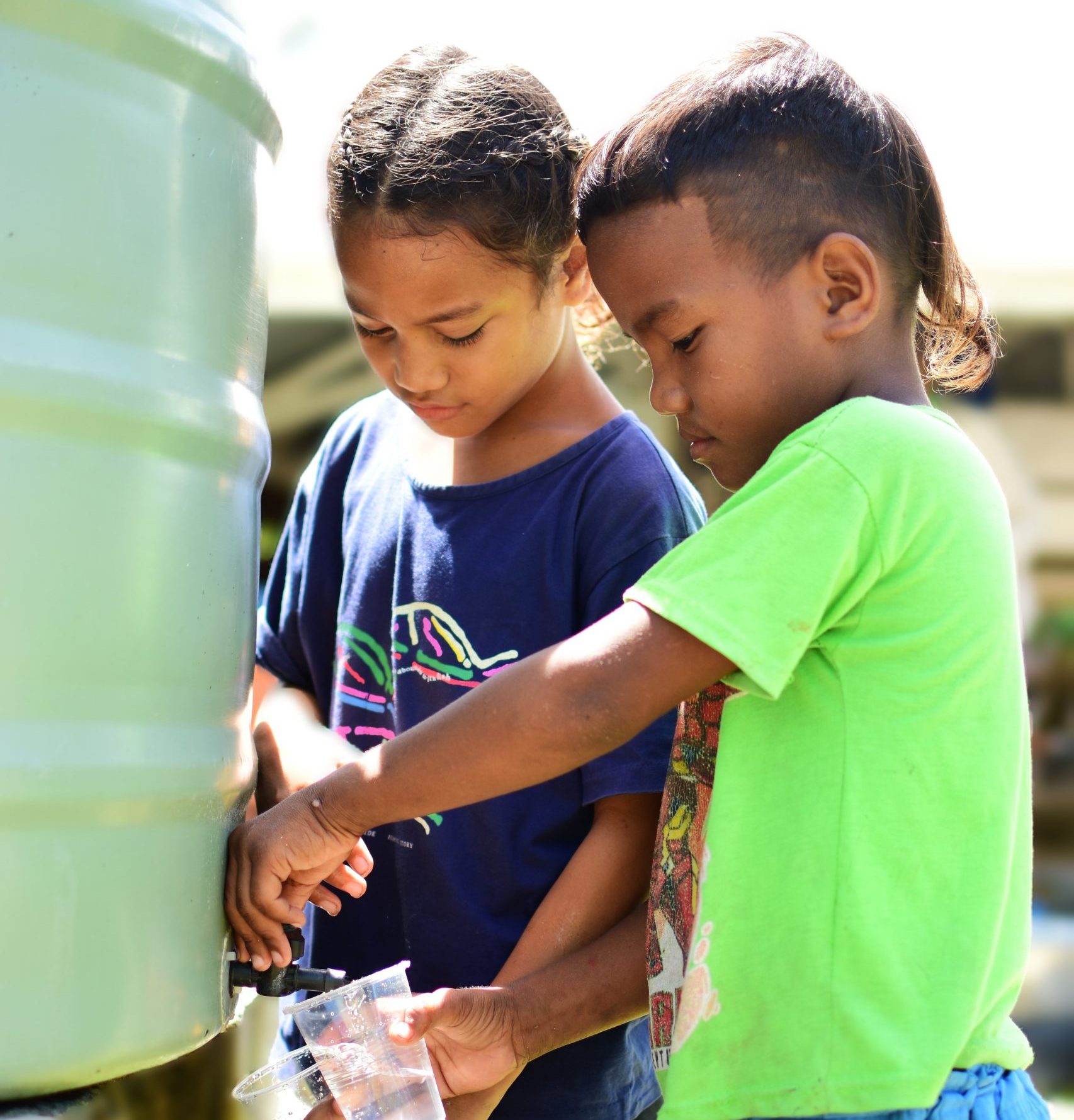In Kiribati, many people still struggle to get adequate access to safe, clean drinking water. But work is well underway to try and ensure more schools can provide this basic human need to students.
“If you don’t have access to clean water, your chances of getting a good education or a good set of skills to get a job are so diminished,” says Josie Pagani, Chief Executive Officer of ChildFund New Zealand.
Since 2016, the international charity and local non-government organisations such as Green Living, have . . .
Please Subscribe to view full content...
